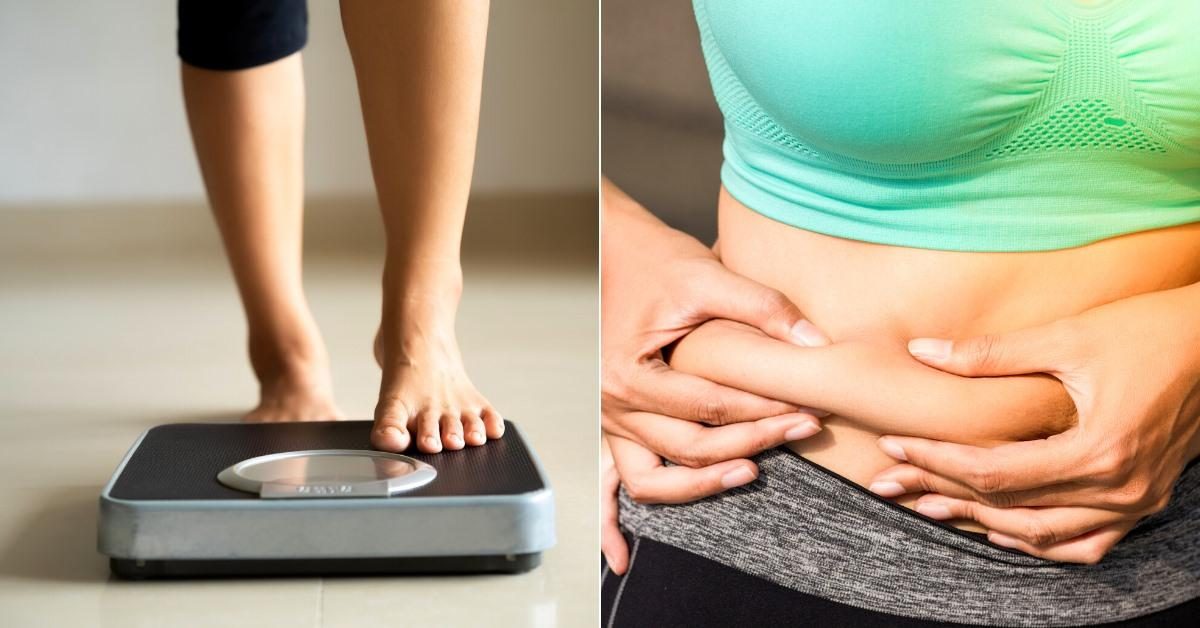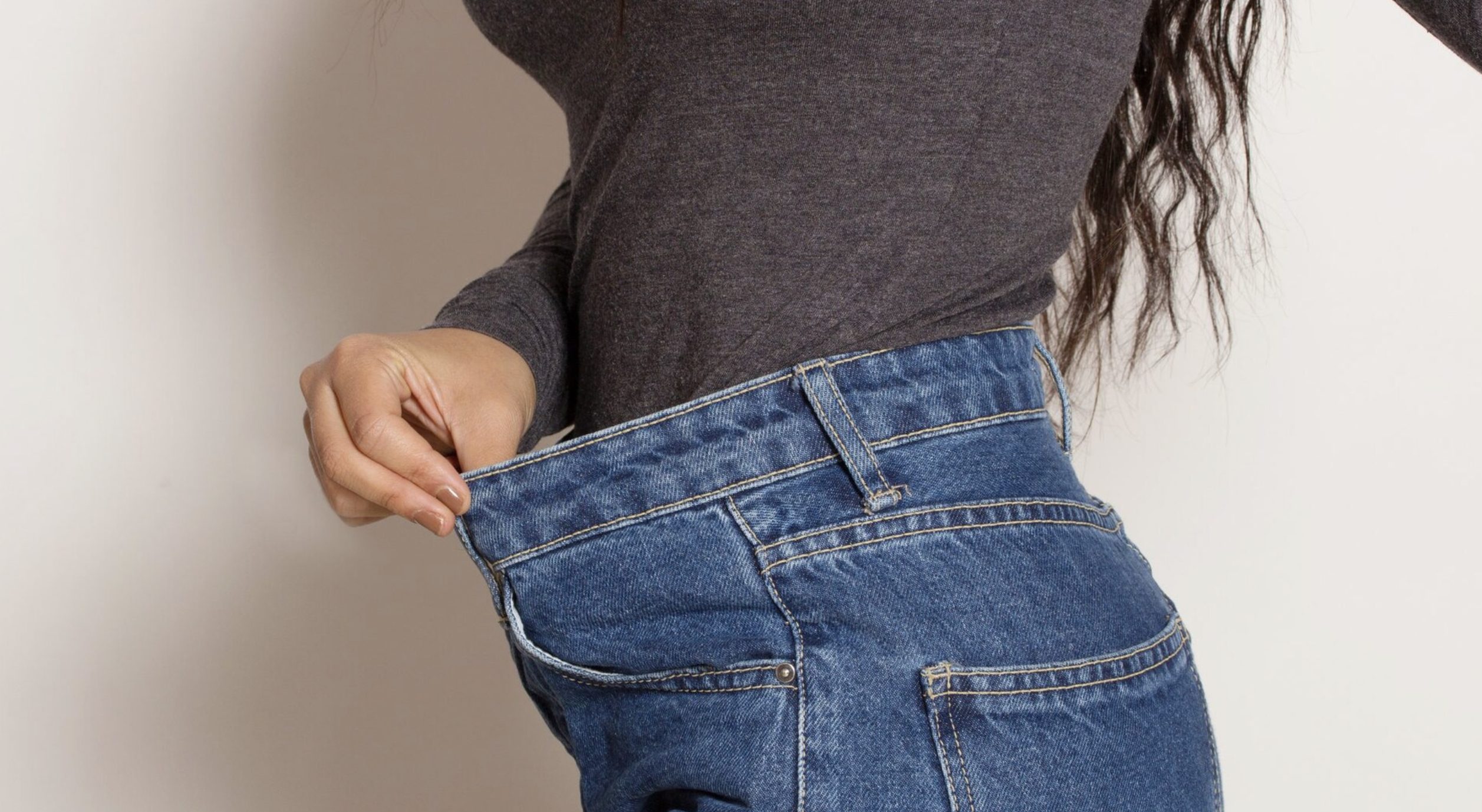What is Ballerina Tea? Weight Loss, Benefits, and Downsides
Research only supports some of the health claims, so what’s the truth about ballerina tea?
;Resize,width=742;)
Ballerina tea (sometimes known as 3 ballerina tea), has become popular recently because it’s associated with weight loss and health benefits.
It gets its name from the thought that those who drink it can get a slim and graceful figure, just like a ballerina.
Research only supports some of the health claims, so what’s the truth about ballerina tea?
What is Ballerina Tea Made From?
The main components in ballerina tea are two herbs – senna and Chinese mallow, although some blends add other ingredients like cinnamon or lemon.
Senna and Chinese mallow have both been used traditionally as laxatives, and they do this by speeding up digestion and softening the stools.
Is it Good for Weight Loss?

Ballerina tea is claimed to promote fast weight loss, and that is probably due to the laxative effects that rid your body of water weight.
Senna and Chinese mallow don’t act upon fat metabolism, so the weight lost in mostly water and you will regain that weight quickly when you rehydrate.
It’s Rich in Antioxidants
Antioxidants can help to reduce the risk of cell damage, and flavonoids are a type of antioxidant commonly found in plants. They can help protect against cell damage, and could reduce the risk of disease.
A review of 22 studies showed that a higher intake of flavonoids significantly reduced the risk of death from heart disease.
There are a lot of flavonoids in ballerina tea from the senna and Chinese mallow which could give antioxidant protection.
May Relieve Constipation

Because ballerina tea has laxative properties, it’s a natural remedy for constipation.
In a 4-week study of 40 people with chronic constipation, those consuming a senna laxative every other day experienced a 37.5% increase in defecation frequency as well as fewer difficulties.
Research shows that using senna over the long term as a laxative could cause side effects like diarrhea and electrolyte imbalances.
Caffeine Free
Caffeine can cause insomnia, restlessness, irregular heartbeat, and sensory disturbances, so many people are choosing to cut down or eliminate it from their diet.
Ballerina tea is caffeine-free, and many fans report that ballerina tea still gives them an energy boost, although there is no scientific evidence to support this.
Could Lower Blood Sugar

Ballerina tea could reduce blood sugar levels because of the Chinese mallow it contains.
Test tube and animal studies suggest that the antioxidant properties of Chinese mallow may promote insulin secretion which could lower the risk of diabetes.
There is not a great deal of research on this aspect of ballerina tea, so it’s not clear whether it helps with controlling blood sugar.
Possible Side Effects
Ballerina tea may cause abdominal cramps, dehydration, and diarrhea that ranges from mild to severe.
Prolonged use of senna products could cause problems in those with kidney and liver disease, so are best avoided by this group of people.
The weight loss you may experience through drinking ballerina tea is probably water loss, not fat loss. The safest way to lose weight is by healthy eating habits and increased activity levels.
;Resize,width=767;)
;Resize,width=712;)
;Resize,width=712;)
;Resize,width=712;)
